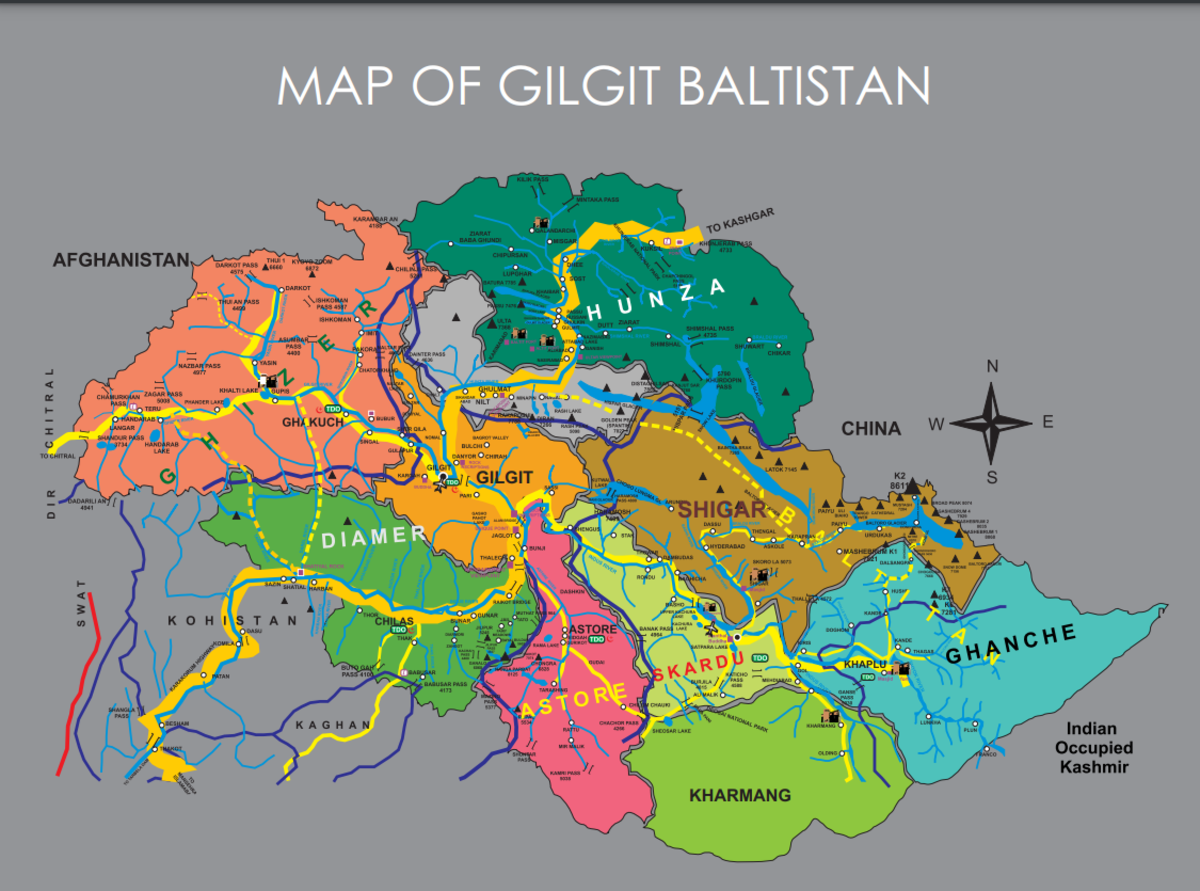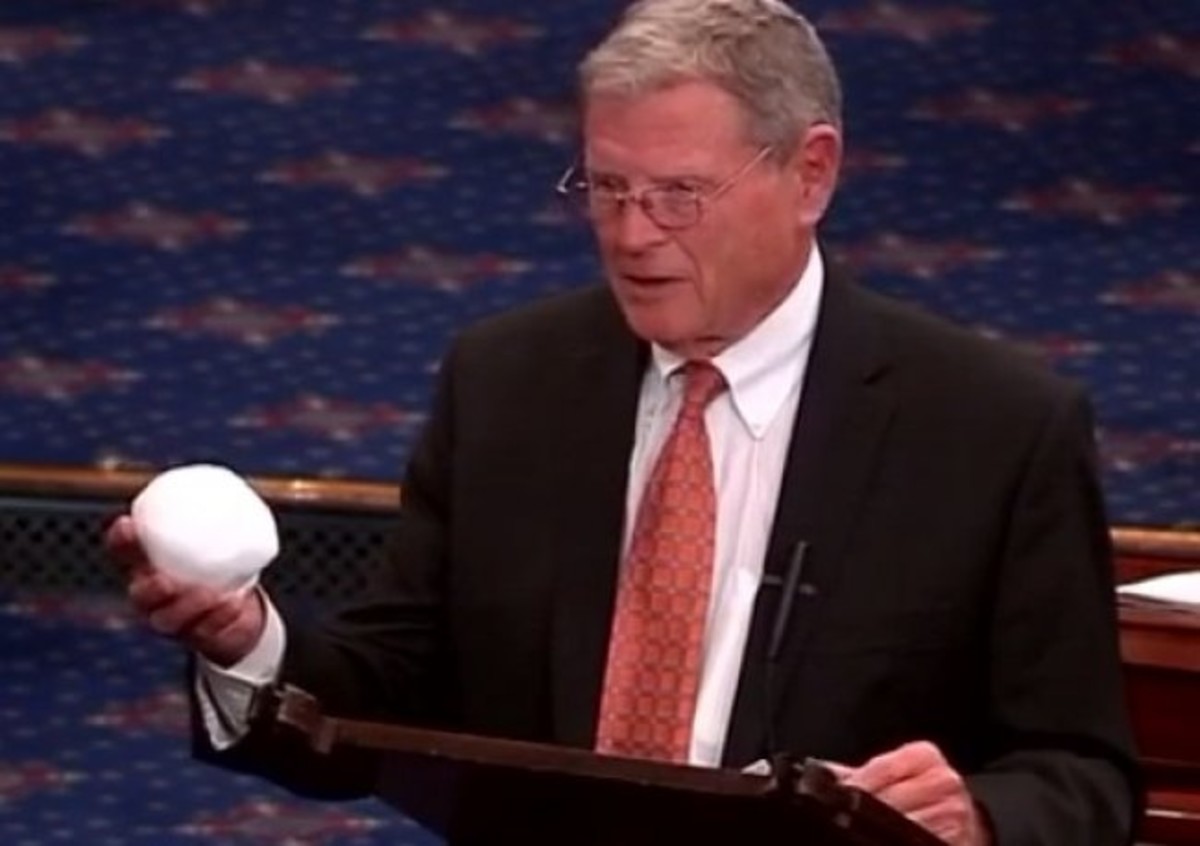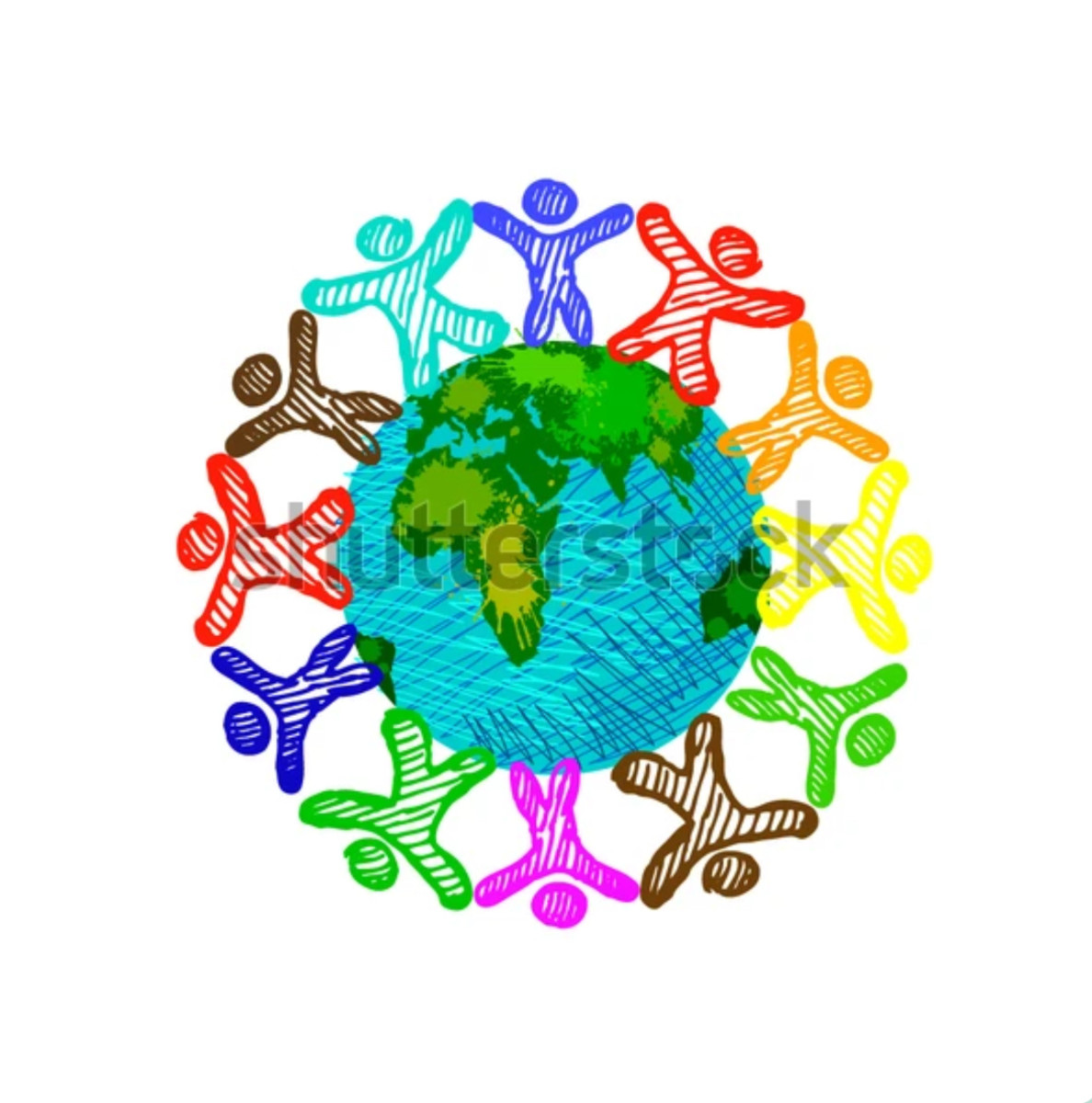Ways to Strengthen Climate Action in the Wake of Coronavirus (Covid-19)
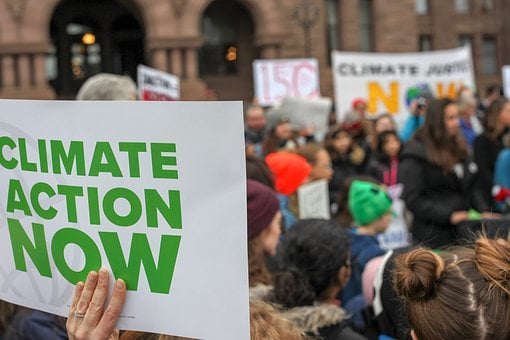
Climate Action
This year was supposed to be a critical year for climate action. Nations were expected to come up with new and more ambitious climate action plans in line with the Paris Agreement. It was slated to be a “super year.”
Then COVID-19 happened.
As local and national governments are appropriately and understandably focused on combating the spread of COVID-19 and providing immediate income and medical help to those affected, most plans have been shelved.
The UN postponed its major biodiversity and climate summits to 2021. It has also rescheduled the negotiation meetings preceding them. Most countries deferred processes and consultations to prepare enhanced climate actions as they put more emphasis on public health. Many citizens and climate activists around the globe are now utilizing their keyboards to call for climate action changes.
At the same time, climate change effects and the threat they pose to humanity hasn’t gone away. Likewise, authoritative research findings from various Intergovernmental Panels stress on the need for a better drive in countries’ biodiversity and climate plans.
Current climate action plans put the world on a very dangerous path to witness a 2.9-3.4 degrees C temperature rise, well over the 1.5 degrees C limit scientists recommend for preventing the adverse side effects of climate change. World leaders must take urgent actions to attain better health and sustainable growth.
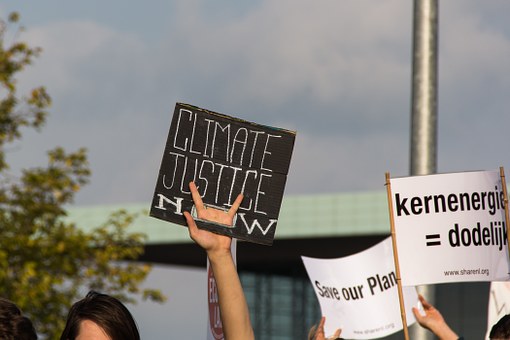
How can nations ensure that drive for climate action is not lost as they continue to battle the COVID-19 crisis?
Supporting collective climate action during COVID-19
There are some signs of development even in the backdrop of this global pandemic.
During this year’s Earth Day anniversary, the AOSIS (Alliance of Small Island States) held the Placencia Ambition Forum, involving a thousand participants, including environment ministers, implementing partners, UN agencies, and other representatives from the civil and private sector. Small island nations most affected by climate change reiterated their pledge to climate action.
At the annual Petersburg Dialogue, German Chancellor Merkel and other leaders recognized the need to restore and reflate economies through a fair, low-carbon, and, resilient pathway.
Chancellor Merkel reiterated her support for the European Union‘s plan to lower emissions to 50-55% by 2030 while trying to rebuild the economy while utilizing the European Green Deal.
And recently, the G20 finance ministers devoted to a “robust financial response” to the COVID-19 pandemic that comprises “an environmentally sustainable recovery that’s in line with the 2030 Sustainable Development Agenda.”
This was a positive step, but access to funding remains a great challenge to most developing nations.
What is next for climate action this year?
These are significant steps that governments can ensure the momentum of climate action this year does not stall.
Make the correct decision in rebuilding economies. As emphasized in the UN Secretary General’s Earth Day dispatch, nations’ reaction to the financial crisis should take into account investment in greener jobs and greener transition through strong infrastructure, including energy, transportation, health, and sanitation systems. Low-carbon investments in energy and transportation can create more employment opportunities per dollar spent in comparison to fossil fuels; grabbing these investment opportunities can fast-track the transition.
Nations should avoid coming to the aid of polluting industries that do not strive to become carbon-neutral. Climate change risk should be entailed in any policy and financial decisions. Governments should reflect on putting a heavy price on carbon.
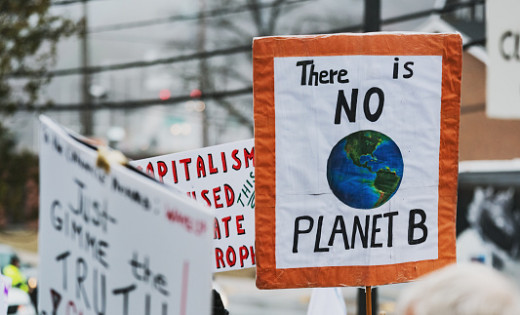
Climate action during COVID-19
The COVID-19 pandemic has highlighted to us the significance of healthy and resilient communities. We can’t attain these objectives over the long-run without united climate action. Important climate meetings may be postponed, but the climate emergency isn’t.
As the UN Secretary-General Antonio Guterres put it at the Petersburg Discussion, "They say it is darkest before dawn. These are the dark days, but there is hope. We have a rare and short opportunity to transform the world for the better."
The world must use the lessons of Coronavirus as a motivation to speed up the efforts to attain a sustainable and safe future for all. Global cooperation will remain more vital than ever. It is time to re-energize and reinvent the way we collaborate and reach decisions, factoring in an improved sense of urgency and solidarity.


